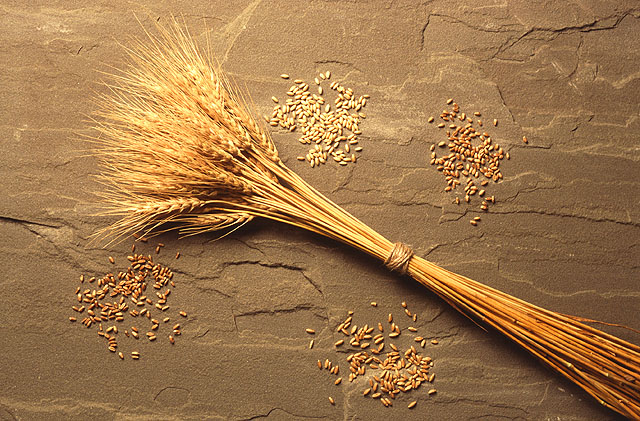
Agricultural News
Additional Wheat Research Funding Top Priority for NWIC
Mon, 14 Mar 2016 09:27:33 CDT

A lack of appropriate funding for U.S. wheat research programs restrains the economic viability of U.S. wheat and barley in domestic and world marketplaces. To counter this, the National Wheat Improvement Committee (NWIC) is hosting a fly-in for wheat breeders and stakeholders this week in Washington, DC with the objective of raising awareness for continued public funding of programs which prioritize advanced research of wheat and barley.
In order to sustain the research that is necessary to improve the U.S. wheat industry's position in foreign markets, the NWIC has determined that Congress needs to provide $3.4 million in research funding increases, in order to take advantage of cutting-edge technologies and make U.S. wheat more competitive. The NWIC members will meet with key contacts in USDA and Congress to educate them on the need for increased research funding and provide awareness of issues impacting further innovation in wheat.
"NWF is partnering with our public university researchers to meet our goal of advancing the wheat industry and increasing productivity," said Phil McClain, Chairman of the National Wheat Foundation (NWF), a wheat farmer from Statesville, NC. "No industry can advance without investing in research and development, which is a crucial component of wheat's future."
Collaborating with researchers and stakeholders, the NWIC will target its efforts at increased support for several research center locations across the U.S. These locations will require additional funding and staff support in order to sustain functionality. Dr. Paul Murphy, NWIC Chairman from North Carolina State University, and Vice Chair Dr. Robert Zemetra, a wheat breeder from Oregon State University, will lead the committee's educational efforts on the Hill. Priority issues include the U.S. Wheat & Barley Scab Initiative and next-generation genotyping which will facilitate the application of genomic information and DNA marker technologies for improvement and breeding of wheat, barley, and oat varieties.
The NWIC is also educating Congressional delegations and staff on the need for funding additional bioinformatics scientists to analyze the vast amounts of genotypic data which are already being generated. Taking advantage of this data and making its uses accessible to U.S. wheat farmers will help farmers maintain their crop quality against threats from environmental challenges, while increasing yields and equipping them with the tools to produce higher-quality wheat and compete in foreign markets.
"It is crucial that Congress is aware of the necessity for continued, stable investment in wheat research," says Chairman Murphy. "The next decade holds tremendous promise based on emerging technologies that were not possible even five or ten years ago. This is a wonderful time to be a wheat researcher because we are developing technology to improve efficiency, address vulnerabilities such as disease, insect and abiotic stresses, and maintaining the quality of wheat we need to help feed the world."
The NWIC's efforts in raising Congressional awareness of the need for these funding increases will benefit U.S. wheat farmers, consumers, brewers, millers, and bakers. NWIC believes it is imperative that research is continued for wheat and barley, in order to reinforce their substantial contributions to the agricultural economy. With this new funding, wheat farmers and researchers will be able to develop new technologies and methods for improving wheat quality, while further enhancing the genetic viability and survivability of wheat.
WebReadyTM Powered by WireReady® NSI
Top Agricultural News
More Headlines...




















